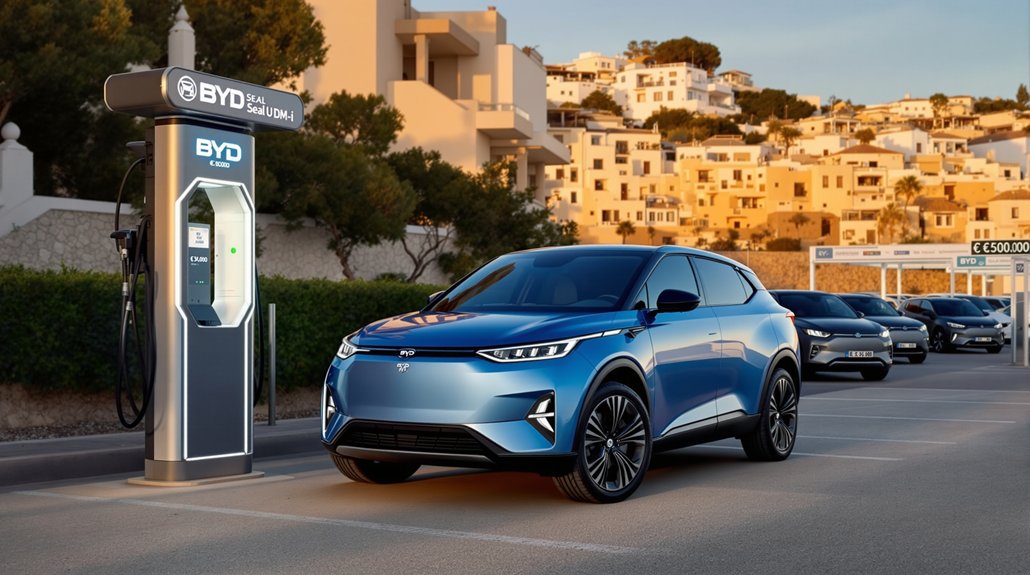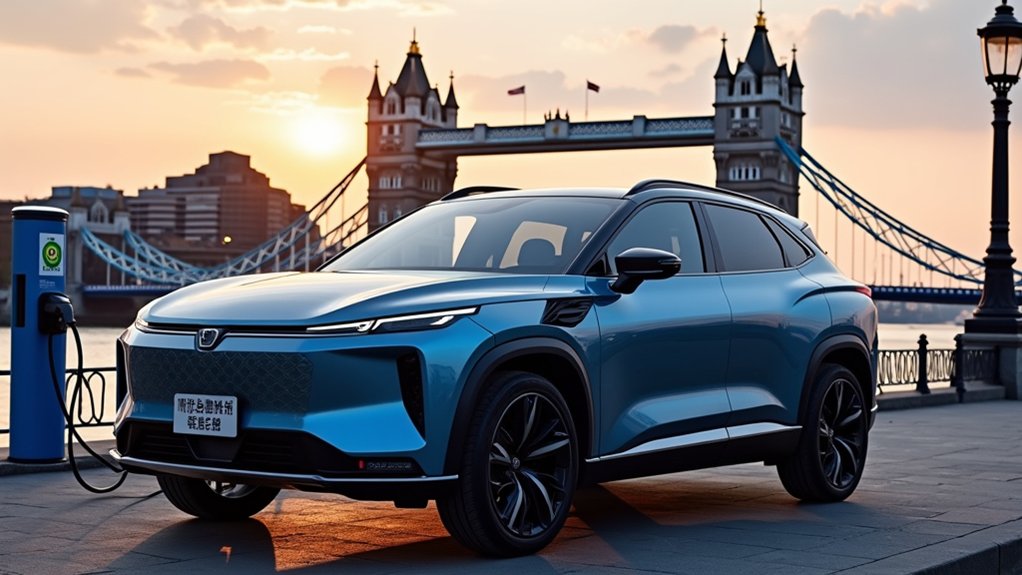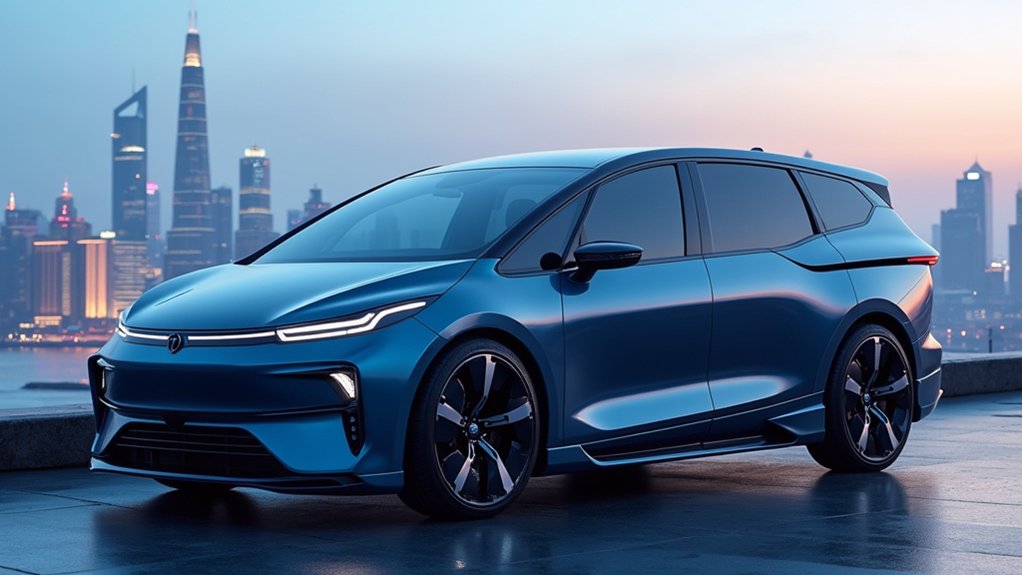Chinese automaker BYD has dethroned Tesla in Spain’s electric vehicle market, capturing an impressive 10% market share in July 2025 while the American EV pioneer’s presence dwindled to just 3.3%. This significant market shift represents part of a broader European trend, with BYD’s EU-wide share reaching 1.1% compared to Tesla’s 0.7% during the same period. The achievement marks the first time BYD has outperformed Tesla in monthly registrations across several key European markets.
BYD’s strategic pricing appears central to its Spanish success. The Seal U DM-i, priced at €30,000, sits deliberately below competing models, making it particularly attractive when combined with Spain’s generous EV incentives of up to €9,000. This pricing strategy proves especially effective in Spain’s cost-conscious market. The MOVES III program’s €1.735 billion funding has significantly accelerated adoption rates across the country.
The Chinese manufacturer has tripled its Spanish sales year-on-year by mid-2025, contrasting sharply with Tesla’s 40% European sales decline. BYD’s growth outpaces not only Tesla but also the market average across the continent. Spain’s remarkable 89.6% surge in EV sales during the first seven months of 2025 has created fertile ground for BYD’s expansion strategy. The company’s extensive distribution network, now exceeding 100 dealerships throughout Spain, certainly contributes to this momentum.
BYD’s diverse product lineup presents another advantage over Tesla. While the American manufacturer offers exclusively battery-electric vehicles, BYD provides both BEVs and plug-in hybrids, addressing Spain’s limited charging infrastructure. This flexibility aligns perfectly with Spanish government incentives that support hybrid and plug-in hybrid vehicles. The company’s approach mirrors the broader trend where mass-market EV sales have significantly outpaced premium segments across global markets.
To mitigate tariff risks, BYD has strategically planned manufacturing facilities in Hungary and Turkey. These European operations will reduce exposure to potential EU tariffs on Chinese-built EVs while improving logistics and enabling customization for European regulations.
The company’s investment in charging infrastructure, with over 200 stations across Europe, further supports its expansion strategy. BYD’s approach specifically targets rural and suburban areas often underserved by competitors.
Their thorough strategy—combining competitive pricing, diverse vehicle options, expanding infrastructure, and strategic manufacturing—appears to be reshaping Europe’s EV landscape, with Spain leading this transformation.









